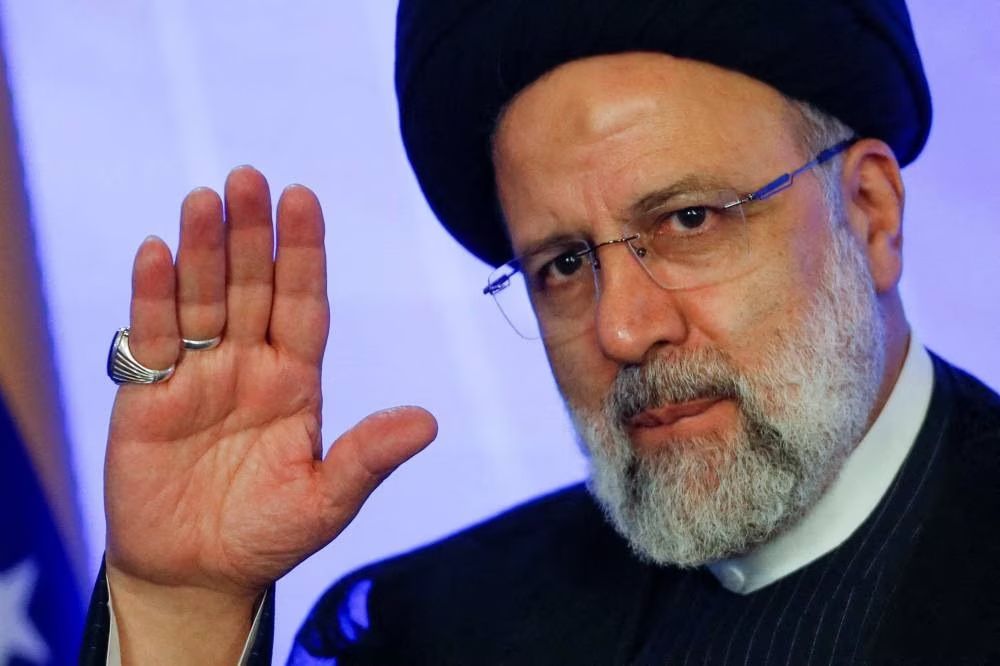Iraqi Official: Iraq Insists on Withdrawal Timetable
By Ahmed Rasheed and Mohammed Abbas
BAGHDAD (Reuters)– Iraq will not accept any security agreement with the U.S. unless it includes dates for the withdrawal of foreign forces, the government’s national security adviser said on Tuesday.
The comments by Mowaffaq al-Rubaie underscore the U.S.-backed government’s hardening stance toward a deal with Washington that will provide a legal basis for U.S. troops to operate when a U.N. mandate expires at the end of the year.
On Monday, PM Nuri al-Maliki appeared to catch Washington off-guard by suggesting for the first time that a timetable be set for the departure of U.S. forces under the deal being negotiated, which he called a memorandum of understanding.
Rubaie said Iraq was waiting “impatiently for the day when the last foreign soldier leaves Iraq.â€
“We can’t have a memorandum of understanding with foreign forces unless it has dates and clear horizons determining the departure of foreign forces. We’re unambiguously talking about their departure,†Rubaie said in the holy Shi’ite city of Najaf.
He was speaking to reporters after meeting Iraq’s top Shi’a cleric, Grand Ayatollah Ali al-Sistani. Rubaie said he spoke to Sistani about the U.S. talks, but did not say if the cleric had an opinion on the negotiations. The revered cleric is routinely briefed on key national issues.
“I informed the (clerical leaders) about some of the advances in the talks. There are real problems and difficulties, and we have many roadblocks ahead. There is a big difference in outlook between us and the Americans,†Rubaie said.
The Bush administration has always opposed setting any withdrawal timetable, saying it would allow militant groups to lie low and wait until the 150,000 U.S. troops in Iraq left.
On Tuesday the White House said the talks were not aimed at setting a hard deadline for withdrawal.
“Negotiations and discussions are ongoing every day,†White House spokesman Gordon Johndroe said in Japan, where President George W. Bush is attending a Group of Eight summit.
“It is important to understand that these are not talks on a hard date for a withdrawal.â€
In a further complication, Iraq’s deputy parliament speaker Khalid al-Attiya said lawmakers must approve any deal the Iraqi government reaches and will probably reject the document if American troops are immune from Iraqi law.
It would be virtually unthinkable for the U.S. to allow its soldiers to be subject to Iraqi law.
Maliki’s preference for a memorandum of understanding, which could be an attempt to bypass parliament, is in contrast to earlier talks which have all been leading to the signing of a formal Status of Forces Agreement (SOFA).
10-29















2008
900 views
views
0
comments